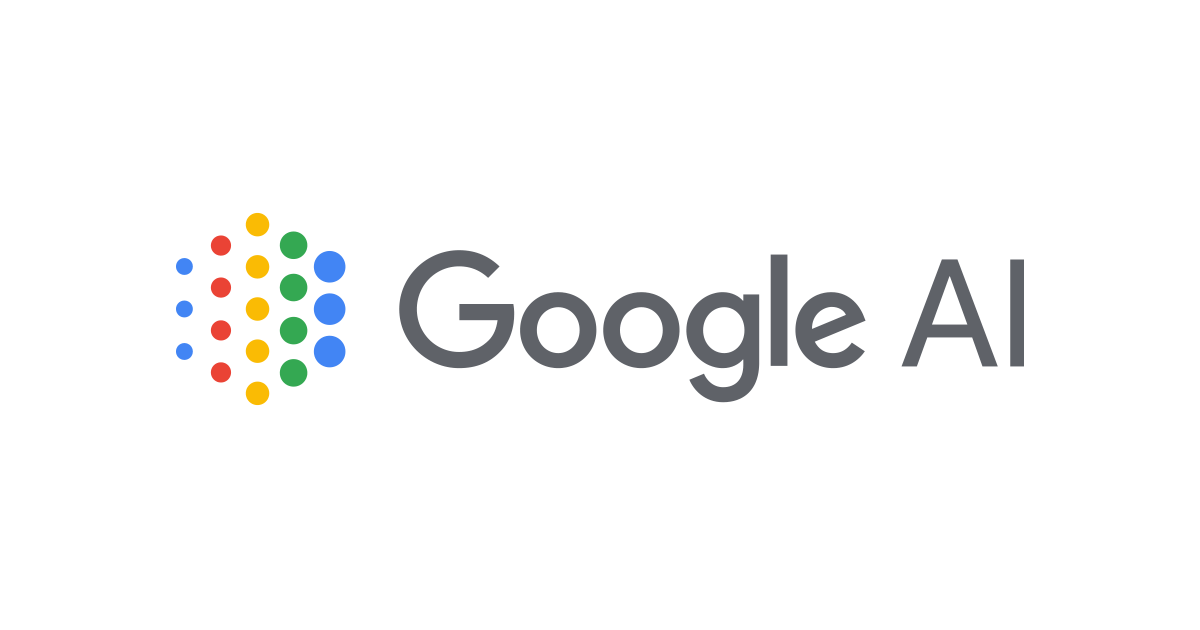Google's AI Makes Phone Calls: The Future of Human-Machine Interaction Is Here
Google's revolutionary AI technology can now make phone calls that are virtually indistinguishable from human conversation, marking a pivotal moment in artificial intelligence development. This breakthrough, powered by Google Duplex, represents more than just a technological marvel—it's reshaping how we think about AI integration in our daily lives and raising profound questions about the future of human communication.
The Technology Behind the Magic
Google Duplex leverages advanced natural language processing and machine learning to conduct real-time conversations over the phone. Unlike traditional voice assistants that rely on scripted responses, Duplex can handle the nuances of human speech, including interruptions, background noise, and conversational detours.
The system uses a recurrent neural network (RNN) trained on anonymized phone conversation data, enabling it to understand context, tone, and even silence—crucial elements that make conversations feel natural. What sets Duplex apart is its ability to incorporate speech disfluencies like "um" and "uh," making interactions remarkably human-like.
Real-World Applications Already in Motion
Google has initially deployed Duplex for specific, practical tasks where the technology can provide immediate value:
Restaurant Reservations: Duplex can call restaurants to book tables, handling complex scenarios like checking availability for specific times or party sizes. The AI can adapt when restaurants are busy or when staff need to put callers on hold.
Business Hours Verification: During the COVID-19 pandemic, Duplex helped verify business hours for Google Maps, making over 3 million calls to ensure accurate information for users navigating constantly changing schedules.
Appointment Scheduling: Hair salons, medical offices, and service providers can now receive booking calls from AI assistants, streamlining the appointment process for both businesses and customers.
The Impressive Capabilities
Recent demonstrations showcase Duplex's sophisticated conversation skills. In one example, the AI successfully navigated a complex restaurant booking scenario where the establishment was initially fully booked, but the AI persisted appropriately, asking about waitlist options and alternative times—behavior that mirrors human conversation patterns.
The technology also handles unexpected situations gracefully. When a business phone system routes calls through multiple menus or when staff members speak with accents or in noisy environments, Duplex adapts its responses accordingly.
Addressing the Concerns
The human-like quality of Duplex has sparked important discussions about AI ethics and transparency. Critics initially raised concerns about deception, questioning whether businesses and individuals should know they're speaking with an AI.
Google has responded by implementing disclosure protocols. The company now ensures that Duplex identifies itself as an AI assistant in many interactions, though this varies by region and application. This approach balances the technology's effectiveness with ethical considerations about informed consent.
Privacy advocates have also questioned data usage and storage. Google maintains that Duplex conversations are used to improve the service while adhering to strict privacy standards, with personal information protected according to the company's privacy policies.
Industry Impact and Competition
Google's breakthrough has intensified competition in the conversational AI space. Microsoft's Cortana, Amazon's Alexa, and Apple's Siri are all investing heavily in similar capabilities. The race to perfect conversational AI has become a key battleground for tech giants, with significant implications for customer service, business operations, and personal assistance.
Small businesses particularly benefit from this technology, as it reduces the burden of phone-based customer service while ensuring they don't miss potential bookings or inquiries. For consumers, it eliminates the friction of making routine phone calls, especially for tasks like checking business hours or making simple reservations.
Looking Forward: The Next Phase
As Google continues refining Duplex, the technology is expanding beyond simple transactional calls. Future applications may include more complex customer service interactions, telehealth consultations, and even personal assistance for individuals with disabilities who find phone calls challenging.
The success of Duplex signals a broader shift toward AI systems that can seamlessly integrate into existing human workflows without requiring special interfaces or training. This represents a fundamental change in how we interact with technology—from commanding machines to conversing with them.
The Takeaway
Google's AI phone-calling capability isn't just a technological achievement; it's a glimpse into a future where the line between human and artificial communication becomes increasingly blurred. As this technology evolves, society must grapple with questions about authenticity, employment impact, and the changing nature of human interaction. What's certain is that conversational AI has moved from science fiction to everyday reality, forever changing how we think about the relationship between humans and machines.
